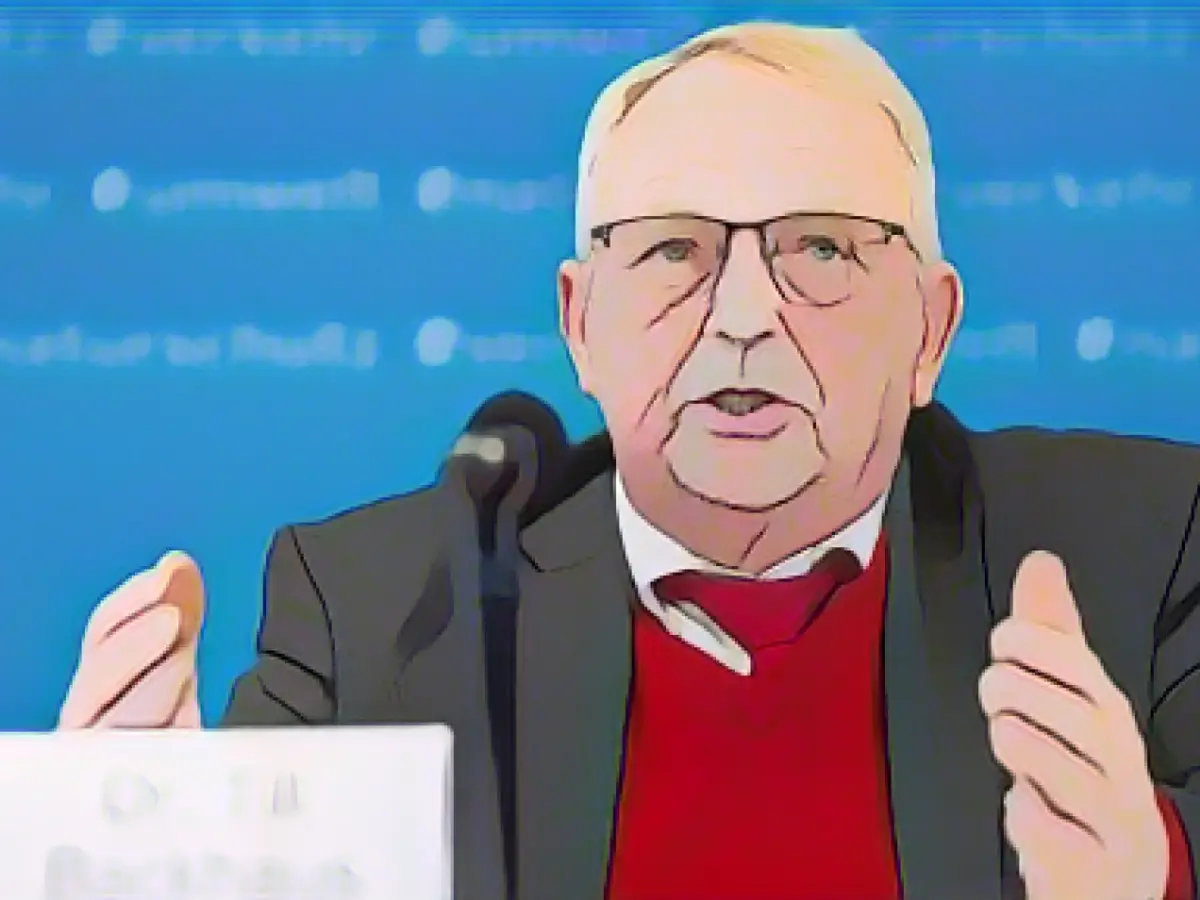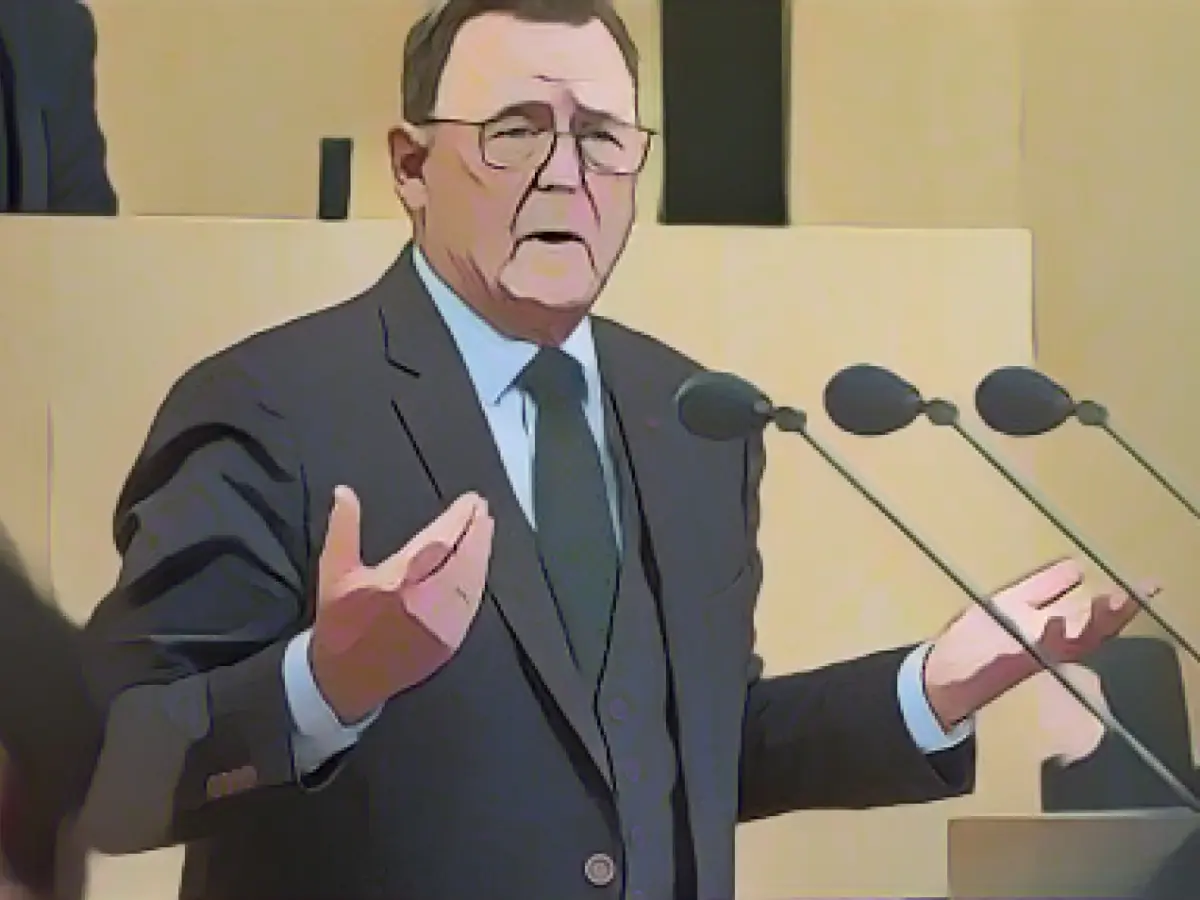Title: LNG Terminal Controversy and Minister Backhaus's Statement
Minister Till Backhaus, from Germany's SPD party in Mecklenburg-Vorpommern, is set to discuss various topics at his annual press conference in Schwerin on December 1st, 11 a.m. Despite the growing excitement surrounding agriculture and climate protection legislation, the controversial LNG terminal on Rügen's approval process is also on the agenda.
Recent intentions to bypass an environmental impact assessment for the LNG terminal have ignited a flurry of criticism. Critics argue that the LNG terminal's operation may result in environmental damage and negatively impact tourism. Contrastingly, the pipeline connecting the terminal to the European pipeline network at Lubmin has already gained full approval.
During the press conference, Minister Backhaus will likely address the current status of the LNG terminal approval process and the government's stance on climate protection legislation.
Additional Insights:
The LNG terminal's approval process has been surrounded by controversy, with key concerns including operational challenges, environmental impact, and economic viability. Notably, Deutsche ReGas terminated its charter contract with the German Federal Ministry for Economic Affairs and Climate Protection, citing market distortion. Critics also point out the facilities' high operational costs, limited gas imports, and potential harm to ecosystems. Despite these challenges, the government views the terminals as an energy security safeguard.
Enrichment Data:
- Termination of Charter Contract:
- Deutsche ReGas ended the charter contract for FSRU "Energos Power" with the German Federal Ministry for Economic Affairs and Climate Protection, claiming the decision was due to DET marketing capacities at lower-than-approved prices, leading to market distortion in Germany.
- Operational Challenges:
- Operational costs at German LNG terminals, including the Mukran, have been criticized for being high due to their variable regasification costs and fuel gas losses, making them more expensive to operate than other northwest European facilities.
- Environmental Concerns:
- The construction of pipelines through sensitive ecosystems, such as the Bodden, has been a significant point of contention in the expansion of LNG infrastructure.
- Energy Security and Imports:
- While terminals were initially seen as a means to reduce dependence on Russian gas, actual gas imports through these facilities have been minimal, with only 8% of Germany’s total gas imports coming through such facilities in 2024.
- Government Stance:
- The German government views the terminals as an energy security buffer, prioritizing security despite questionable economic viability.








